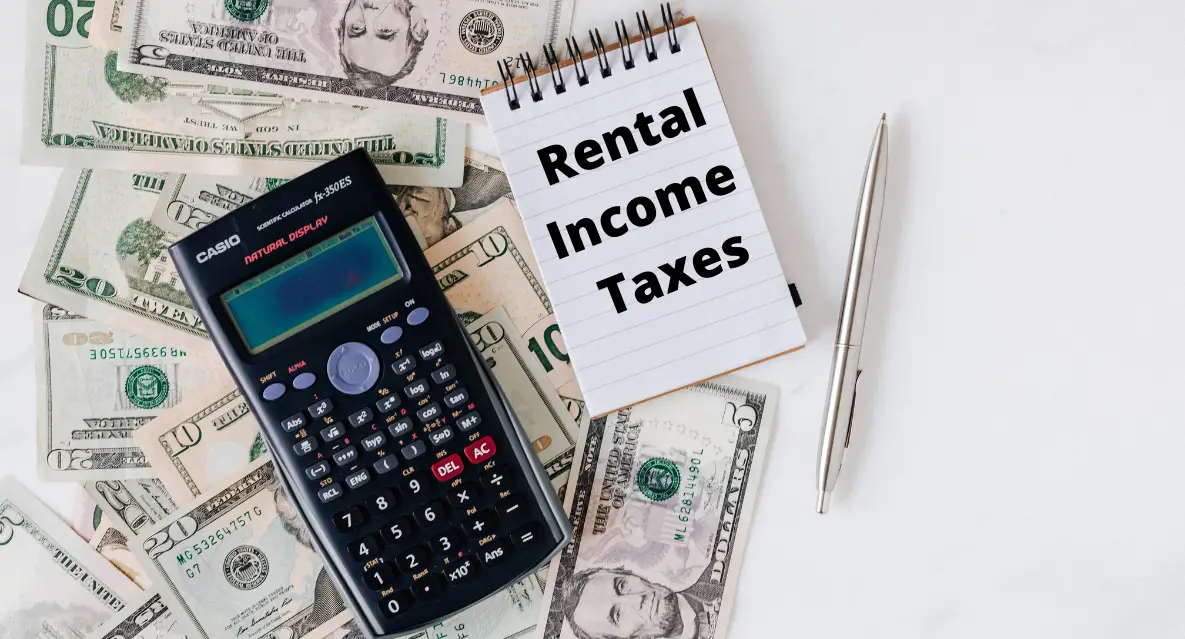Rental Income Taxes: What Landlords Need to Know
Rental Income Taxes: What Landlords Need to Know
Blog Article
When renting out home, several first-time landlords wonder whether they need to spend fees on the income they earn. The easy answer is yes—what are medicare taxes by the IRS. However, knowledge what qualifies as taxable income—and the deductions you could be named to—may help you greater handle your economic responsibilities as a landlord.
What Counts as Rental Income?
The IRS identifies hire revenue as any payment you receive for the utilization of a house you own. This includes not just the monthly book from your tenants but additionally extra payments, such as for instance:
•Improve Lease: In case a tenant gives book upfront for the next period, it must certanly be reported as money when received, not when the time begins.

•Protection Deposits (if not refunded): In the event that you keep a security deposit for damages or other situations at the end of a lease, that volume becomes taxable.
•Companies in Place of Rent: Sporadically, tenants may possibly present goods or companies rather than paying rent. As an example, if your tenant mows the lawn in trade for portion of their book, the same monetary value of their company must certanly be reported as income.
Costs That May Be Deduced
Fortunately, landlords may counteract several of these expenses against their rental revenue, lowering the taxable amount. Some traditional deductions contain:
1.Property Repairs
Small repairs, such as for instance fixing a leaky tap or repainting surfaces, are deductible since they are considered necessary to keep up the property.
2.Mortgage Curiosity
In the event that you took out a loan to purchase your hire home, you may maintain the interest you pay on the mortgage.
3.Property Taxes and Insurance Premiums
These are standard deductions, as both are required to possess and handle a property.
4.Maintenance and Utilities
Any maintenance expenses or schedule maintenance prices may be deducted, as well as tools you pay on behalf of your tenant.
5.Depreciation
Landlords may withhold some of their property's depreciation price each year over its estimated life (typically 27.5 decades for residential properties).

Processing Your Hire Revenue
Hire money should be noted on Routine E (Supplemental Income and Loss) if you're processing as an individual taxpayer. That type enables you to record your hire income and any deductions. The internet figure—income minus expenses—is what'll fundamentally be taxed.
Key Takeaway
Tax principles on rental money can appear complicated, but with correct record-keeping and understanding of potential deductions, landlords may reduce their taxable revenue and remain compliant. For exact filings, generally consult a duty professional or control tools to simplify the process.
Report this page